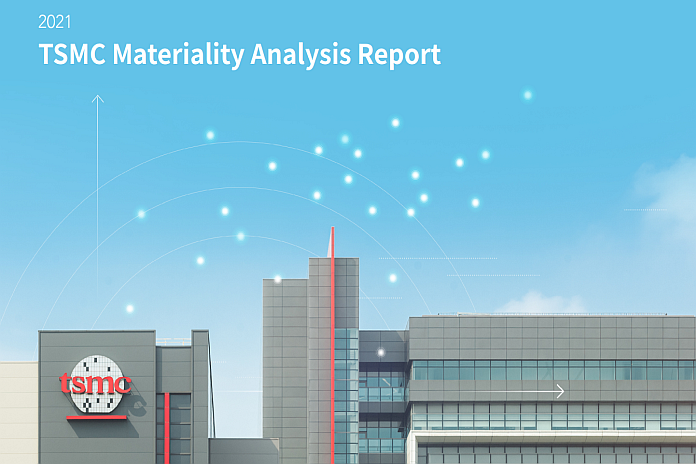-
-
- Executive Summary
-
Taiwan Semiconductor Manufacturing Company (TSMC) conducts materiality analysis annually, collecting stakeholder expectations and feedback to identify material issues to guide the sustainability report. Based on the materiality analysis outcomes, TSMC will realign sustainability targets and strategies for planning and reallocating resources into TSMC’s material issues.
In 2021, TSMC changed the frequency of materiality analysis from once a year to once every three years to comprehensively track trends and changes in the long-term targets of all material issues and to also help perfect the Plan-Do-Check-Act (PDCA) management cycle. Based on the 2020 materiality analysis, TSMC confirmed 119 ESG issues relevant to TSMC, aligning with international sustainable standards, trends, and stakeholder perspectives. With feedback from 17 TSMC departments as well as vice presidents and senior vice presidents of all BUs, TSMC determined 23 ESG issues on governance, economy, environment, and society.
During the materiality analysis process, TSMC ranks ESG issues by priority in consideration of stakeholder concerns and impact on TSMC operations. To confirm the objectiveness of results, the ESG Committee determines material issues according to stakeholder perspective and TSMC’s ESG focuses in recent years.
In 2021, a total of 1,082 stakeholders and 206 TSMC executives/colleagues participated in the materiality analysis. In the 2021 materiality analysis, TSMC defined 14 material issues and reviewed corresponding long-term goals, programs, and resource allocation.
Compared to last year, stakeholders and TSMC executives were more concerned with Climate and Energy in 2021. Therefore, TSMC drastically increased its position in the materiality matrix. Also, to support the Diversity and Inclusion Statement, TSMC added the new material issue of Diversity and Inclusion.
In addition, TSMC has been using correlation analysis to explore whether there are any correlations or dependency between ESG issues. TSMC uncovered that Business Continuity, Product Quality and Safety, Risk Management, and Ethics have the highest positive correlation with other ESG issues from stakeholder surveys, while Sustainable Supply Chain, Regulatory Compliance, and Information Security have the highest positive correlation with other ESG issues from internal impact surveys filled out by executives and employees. Though the analysis outcome does not determine material issues, it nonetheless remains helpful by giving TSMC insight into shifting stakeholder concerns and correlations between ESG issues, allowing us to perfect stakeholder communication strategies.
In the future, TSMC will plan and execute a more comprehensive and in-depth statistical analysis as well as continue to advance the materiality analysis guidelines so that we can convert stakeholder concerns into valuable information that can help the company promote sustainable management.





